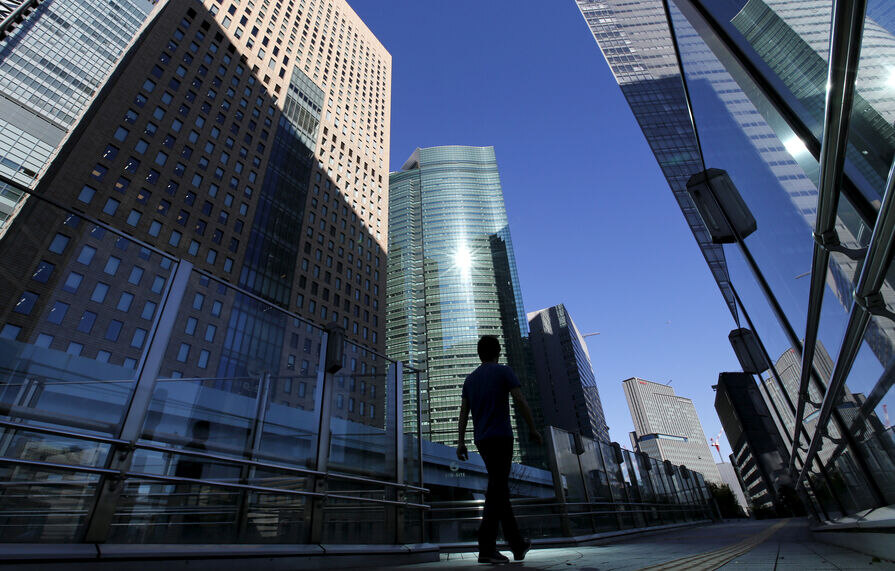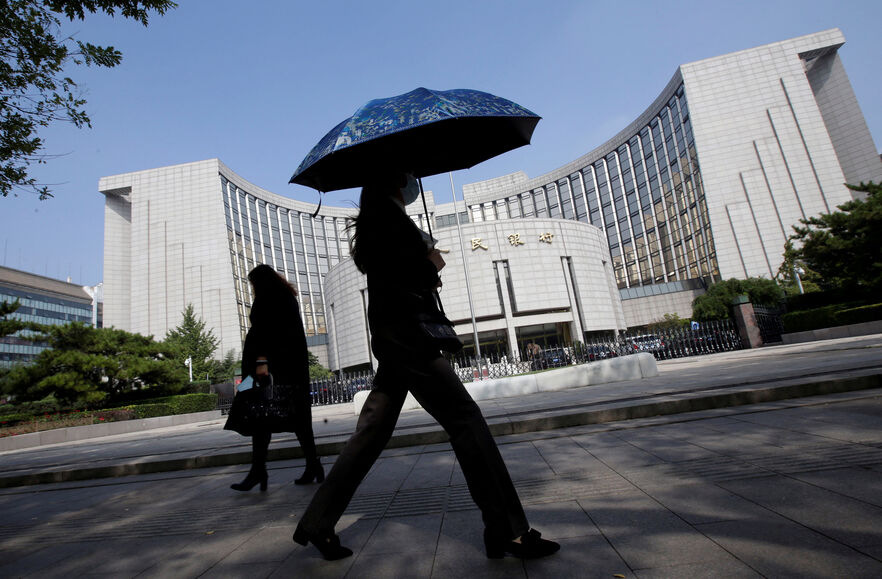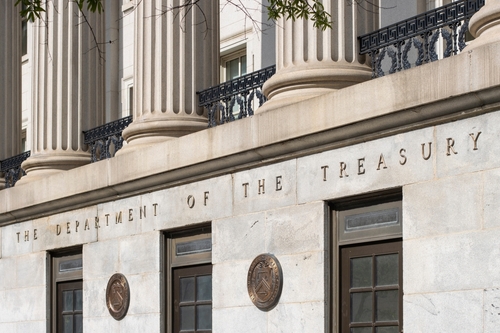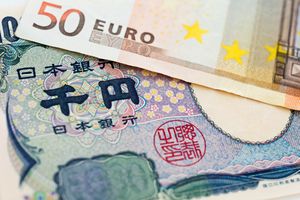Trump's Firm Stance on Tariffs Triggers a "Black Monday"! Nikkei Plummets 9%

TradingKey - The negative impacts of Donald Trump's newly announced tariff policies are escalating rapidly, with global markets appearing to echo the turmoil of the infamous "Black Monday."
On Monday, April 7th, during the first half-hour of trading, Japan’s benchmark Nikkei 225 index plunged nearly 9%, while the broader TOPIX index fell more than 9.5%. Over 90% of stocks on the Japanese exchange experienced steep losses: Mizuho Financial Group plummeted 12%, SoftBank dropped over 11%, Nissan Motor sank 10%, and Toyota declined by 7%.
Before the Japanese stock market even opened, futures contracts on the Nikkei index hit circuit breakers due to a flood of sell orders, temporarily halting trading. Meanwhile, the VIX volatility index surged more than 30%, S&P 500 briefly dropped over 5%, international gold prices fell below 3,000 per ounce, and WTI crude oil prices dipped below $60 per barrel for the first time in four years.
CNBC host and prominent market commentator Jim Cramer recently warned that unless President Donald Trump makes efforts to reconcile with nations and corporations that follow international trade rules, a repeat of the 1987 "Black Monday" could be imminent.
That historical crash, which occurred on October 19, 1987, followed three consecutive days of losses. On that single day, the Dow Jones Industrial Average plummeted 22.6%, driven by a confluence of factors. including overinflated stock valuations, program trading, slowing U.S. economic growth, and widespread investor panic.
Looking at today's markets, many of those same conditions appear to be resurfacing. Despite Trump's announcement of a tariff plan, uncertainty over its broader economic implications continues to weigh heavily on investor sentiment. JPMorgan Chase now estimates the probability of a U.S. economic downturn has increased to 60%.
Even in the face of mounting opposition from global trading partners, American citizens, and members of his own Republican Party, Trump has remained steadfast. He described the current market turbulence as part of an "economic revolution," asserting that the U.S. would ultimately emerge victorious.
In response to the U.S. government's imposition of reciprocal tariffs, Japanese Prime Minister Shigeru Ishiba declared the situation a “national crisis.” He added that Japanese authorities were considering a range of countermeasures, including possible retaliation.







